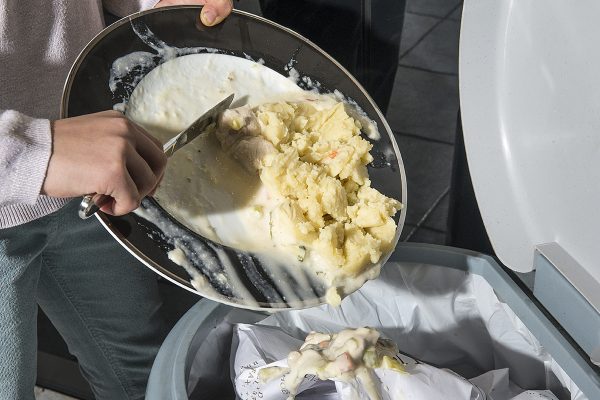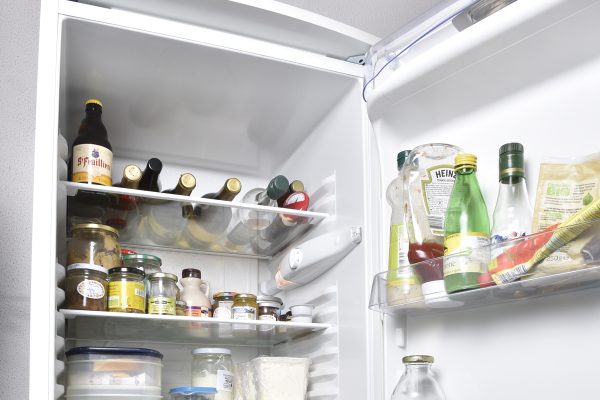Reducing your waste
Our grandparents produced very little waste. Our way of living and consumption, as well as the practices of industry and shops, have vastly increased the average volumes of our household waste. These waste volumes have a huge impact on resources and our environment. Yet the future is not written in stone, because we can strive to reduce our waste even before we sort it for recycling. We can all move towards a ‘zero waste’ goal. Here are a few tips that we should all follow!



